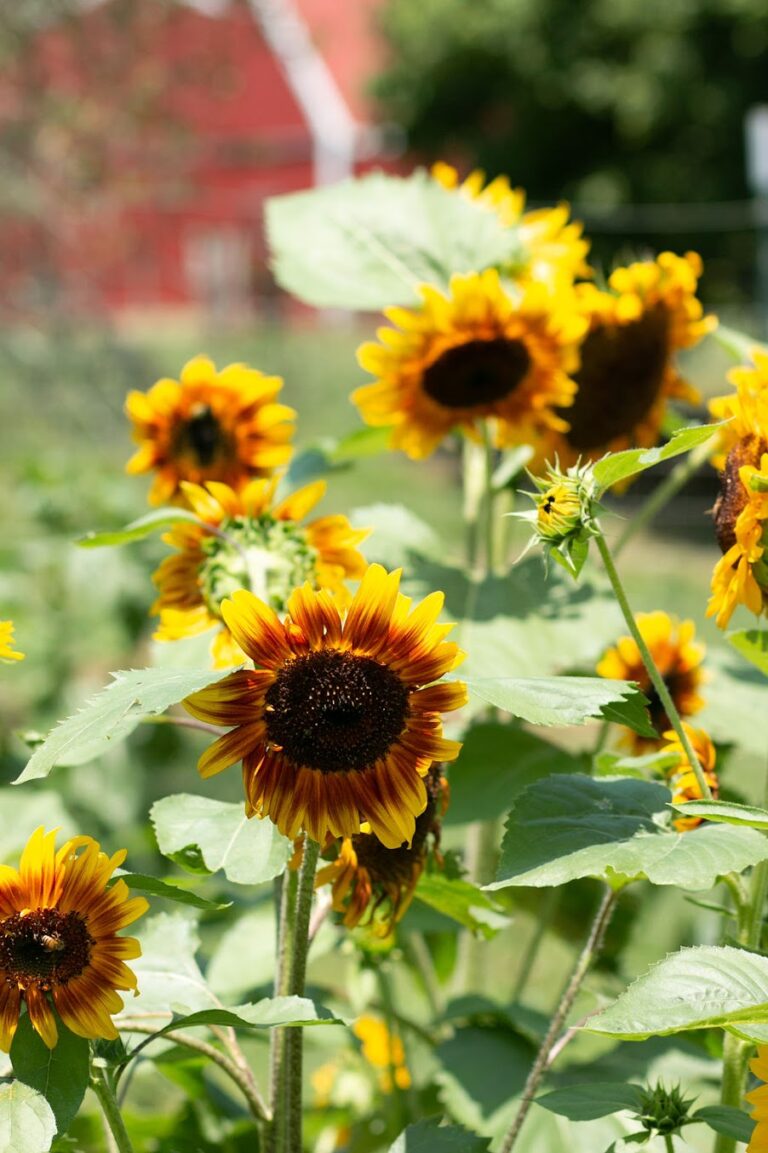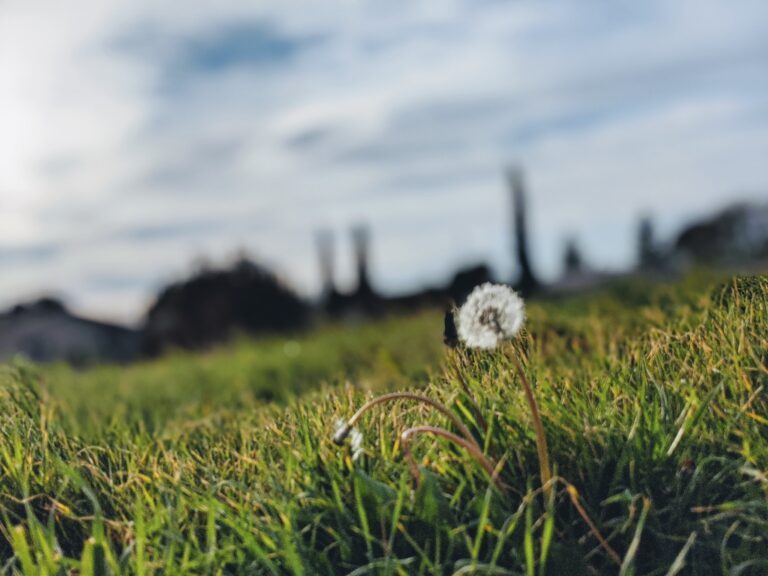“And Your Parents are in Good Health?”

Thanks to coronavirus, it’s no surprise everyone has health on the brain. In other words, everyone is finally realizing how important health is. It reminds me of a playful scene in the BBC version of Pride & Prejudice where Elizabeth, the main character, visits Pemberley, her ex-lover (and future lover), Mr. Darcy’s home. They have just “broken up,” so she fully expects he is not home and intends only to visit for a tour of his large estate with her aunts and uncles’ request. Mr. Darcy comes home early, unexpectedly running into Elizabeth. He stumbles over his words in surprise as he nervously asks her, “your parents are in good health?” She answers that they are fine, and they have a bit more awkward conversation. Then, his true nervousness comes through as he then asks again, “And your parents are in good health? And your sisters?” Elizabeth responds laughingly that yes, they are all in good health. It’s an admirably adorable moment as you can see them awkwardly dance around each other, neither expecting to see the other and yet giddy to be in each other’s presence.

Colin Firth and Jennifer Ehle in Pride & Prejudice
The funny part that sticks in my mind so clearly with this scene is this question, “and your parents are in good health?” In our modern times, we ask others, “how are you?”, as one of the first topics of conversation. Sometimes we mean it, and sometimes it’s merely a formality. But in the 1800’s and ever before in history, people cared about one another’s health; it was crucially important. You asked others how their health was because even small illnesses such as a cold or flu could be dangerous. There weren’t vaccines or the medical care system we have today. Health was a top priority where if you got sick even while traveling, you stayed in bed all day everyday until you were better. This is also seen in Pride & Prejudice where Jane, Elizabeth’s older sister, catches a cold on the way to her love interests’ house, so she ends up staying at his house for two weeks until she is fully recovered before traveling home.
This is such a stark contrast to today’s fast-paced, brutal society. Nowadays, weekend travel is common and plans are rarely cancelled due to sickness. We hardly take sick days off of work because there is often a stigma at many jobs that, unless you are on your deathbed or have a “serious” illness, you must show up to work. While we see continued diseases such as cancer, heart disease, diabetes, autoimmune disease and more on the rise, we generally still have little regard for our own health or the health of others until someone we love gets “really” sick. It is shocking to me that even when we have developed these serious diseases, we feel pressure to get back to “normal” as soon as possible, with little rest time or relief. This state of living is all wrapped in a rushed pace of life where we are constantly on-the-go, we eat very poorly, and the words “margin” and “balance” are rarely used in our vocabulary.
It seems as though things might be starting to change. Maybe not externally yet, but internally. As many of us have seen amidst the shelter-in-place order, despite the fear, frustration and anxiety, many are also starting to re-discover the beauty in cooking meals at home and spending time together with family. We’ve started video-chatting our extended family to make sure they’re okay. My friend Shelby even said she liked the margin in her schedule when shelter-in-place first started because she could just do one task at a time and enjoy new hobbies. It’s almost as if we are regaining a sense of vitality, balance, rest, joy in the simple things, and even boredom that can breed greater creativity.
So here are a few of my hopes produced by coronavirus as the restrictions loosen. Deep breath in. Deep breath out.
I hope that we all come to value our health just a little more than we did before. Health is a gift that is not afforded to everyone. May we remember this and be grateful for the health we do have.
I hope we stay aware that being sick is dangerous. Even if we have “cures” for major diseases, there is still significant risk in living in a constant state of hyperdrive and “fight or flight” mode.
I hope we continue to be grateful for our health care workers.
I hope that we continue caring about those around us. I hope we ask our neighbors and friends, “how is your health?” in addition to “how are you?” rather than just assuming and pretending that their health is just fine. It shows we care about the more personal things too.
I hope that we keep seeing and cherishing people for who they are. Our family, friends, and even next-door neighbors have been placed in our lives for a reason. May we be as intentional in visiting them after this is all over as we have been in video-chatting them and talking on the front lawn in this time.
I hope we maintain margin, balance, and rest.
I hope we continue to find new hobbies and use our creative imagination to fill our extra time.
I hope we choose to be in control of our schedules instead of letting our schedules control us.
I hope we live well in every season, no matter how hard or easy it is.
I hope we discover new joys and smile at how far we’ve come.
There’s always hope. We’re in this together, whether we like what’s happening around us or not. Remember, it’s the internal life that brings about beauty, not the external circumstances. Cheers, friends.






